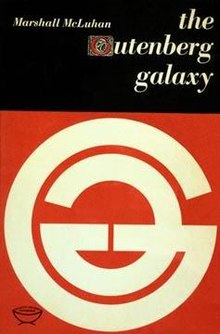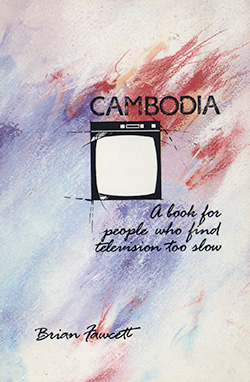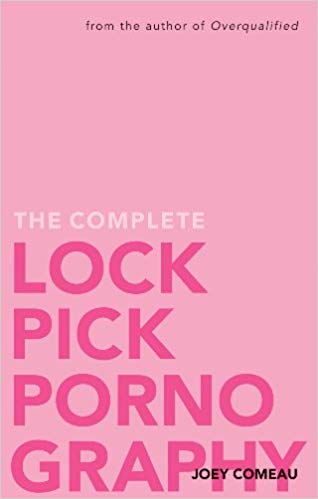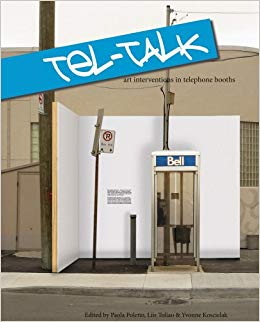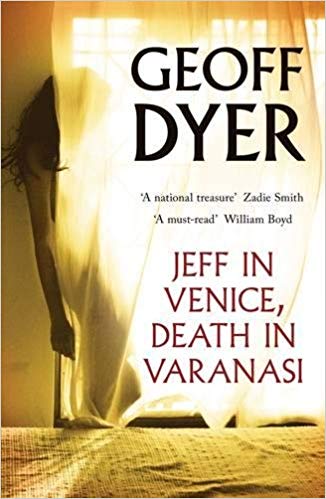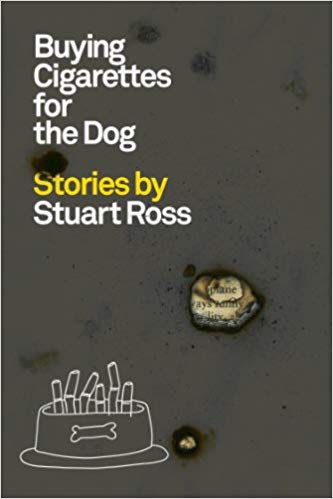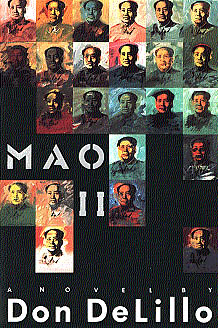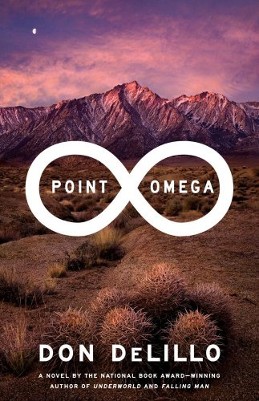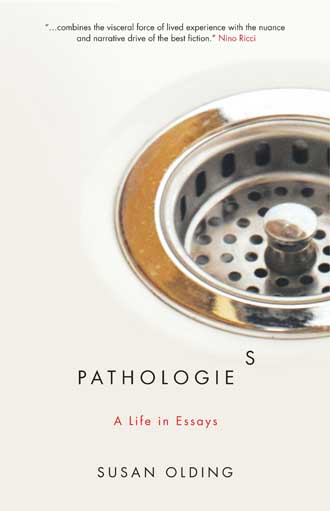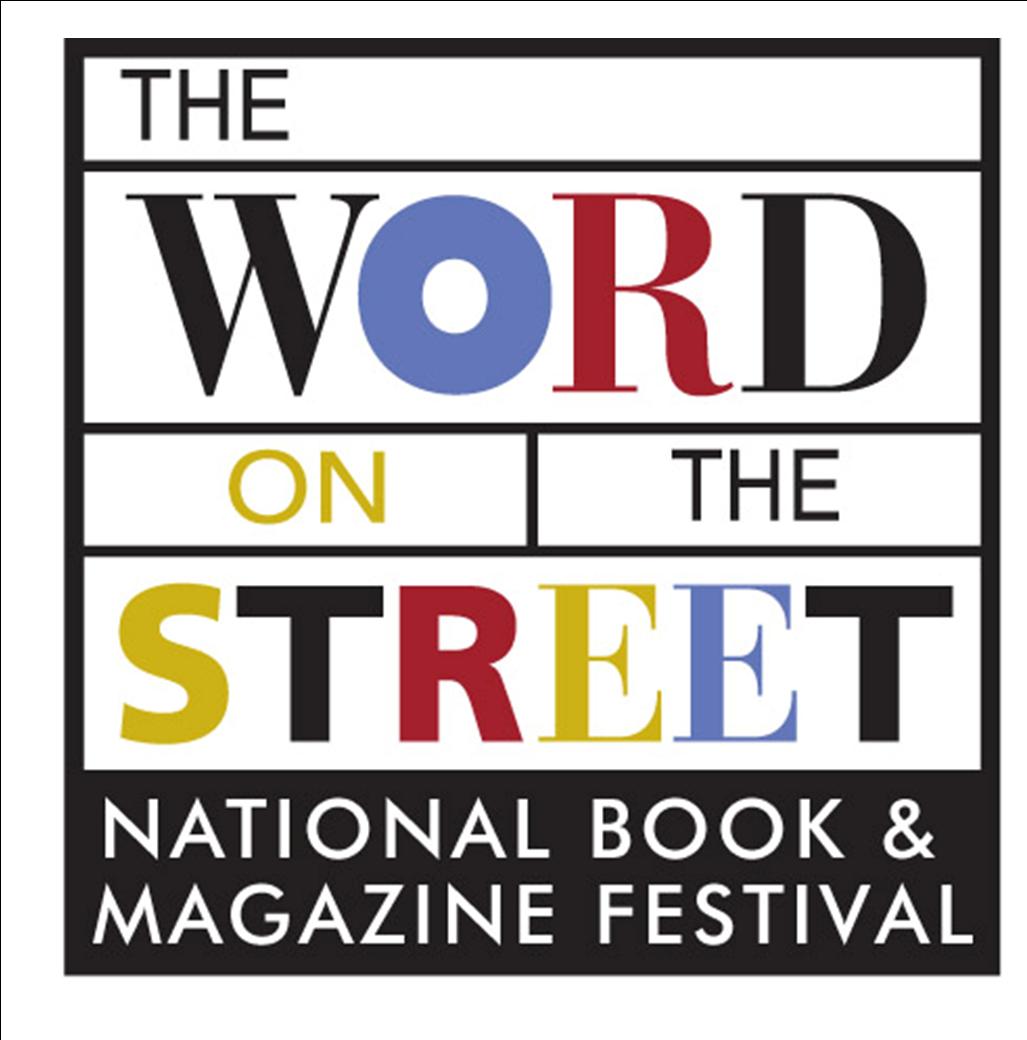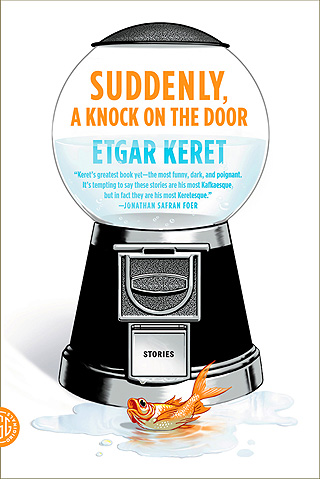The Gutenberg Galaxy is remarkable as an academic work both because it has wormed its way into popular consciousness and because it has persisted there for half a century. The reason for its popularity is that Marshall McLuhan knew not only how to think about media, but also how to exploit them.
Tag: Books
Too many ebooks … according to Alexander Pope
Do you ever worry there are too many ebooks? The internet has made publishing almost costless, which means that anybody with a thought in mind can plunk away at a keyboard and send it out to all the world. Not everybody is enthused by this state of affairs.
Cambodia
Marshall McLuhan summarizes his book, The Gutenberg Galaxy, with: “The theme of this book is not that there is anything good or bad about print but that unconsciousness of the effect of any force is a disaster, especially a force that we have made ourselves.” The paradox of this statement (or its Catch-22) is that a medium functions by carving off and emphasizing one sense over all the others and this has a hypnotic effect that makes it impossible for us to see the effect it produces.
Life Without, by Ken Klonsky
Like Against God, which I looked at in my previous post, Life Without is a novella from Toronto-based Quattro Press. The phrase “life without” is an abbreviation of “life without possibility of parole” which, in a state like New York, is the most severe sentence a person can receive.
Two Books by Joey Comeau
Joey Comeau’s first novel was Overqualified, which I looked at here. He’s come out with two novels since then, & I picked up both from the ECW Press booth at Word On The Street last September. The first is One Bloody Thing After Another. It’s suburban horror (what other kind of horror is there?).
Tel-talk
The 8th installment of my January Book Project is Tel-Talk, edited by Paola Poletto, Liis Toliao & Yvonne Koscielak – published by Tightrope Books. It both documents and responds to interventions/installations staged last year around telephone booths mostly in downtown Toronto, mostly near where I live, which makes it personally a fun book to read.
Jeff in Venice, Death in Varanasi, by Geoff Dyer
The 7th installment of my January Book Project is Geoff Dyer’s 2009 novel, Jeff in Venice, Death in Varanasi. See my earlier review of his 2011 non-fiction collection, Otherwise Known as the Human Condition. Maybe I should have read these in the order of their publication. And yet it seems fortuitous to have done things in reverse because Otherwise etc. alerted me to many of Dyer’s concerns/interests/passions and I came to his novel ready to watch how they played out in a fictional space.
Searching For Gilead, by David G. Hallman
It is tempting to read Searching for Gilead as a fictionalized elaboration and expansion of August Farewell. Like Hallman, the narrator, Tom Fischer, is an environmental advocate, and the fact that the story is told in the first person creates the illusion that the author and narrator are the same person.
Buying Cigarettes for the Dog, by Stuart Ross
The 6th installment of my January Book Project is something I picked up from the author himself at last September’s Word On The Street. It’s Buying Cigarettes for the Dog, by Stuart Ross and published by Freehand Books. Hmmmm – how to describe this collection of short stories… It’s like an ADHD version of Etgar Keret, only he forgot to take his Ritalin and swallowed a bunch of amphetamines instead.
Mao II by Don DeLillo
Pages 40 and 41 gaze at one another with a canny prescience. On page 40, we have the image of the Twin Towers. On page 41, we have a discussion of terrorism and danger on planes. Mao II was published in 1991, a full decade before 9/11. And yet there it is.
Point Omega by Don DeLillo
The main character of Point Omega is Richard Elster, a defense intellectual, an academic recruited by the DOD to “freshen the dialogue, broaden the viewpoint.” Like my great uncle Perly, Elster approaches problems conceptually. He abstracts himself from the gritty reality his work supports.
Pathologies: A Life in Essays, by Susan Olding
The first book of my January Book Project is Pathologies by Susan Olding. Pathologies looks something like a memoir, something like a collection of literary essays. As essays, they are connected and follow a roughly chronological sequence. Although each could stand on its own, taken together, they produce something like an autobiography.
Charlotte Brontë on Poetry
In chapter 32 of Jane Eyre, Charlotte Brontë offers a curious passage, in which St. John Eyre Rivers offers Jane a volume of poetry. The volume, it turns out, is Scott’s Marmion, which was published almost forty years before Jane Eyre.
Word On The Street 2012
It’s a Sunday in September, and as an act of revenge against all the construction companies snarling Toronto traffic with their new condo builds, books take to the streets. Pavilions go up all around Queen’s Park Crescent diverting traffic east to Bay & Yonge and west to Huron & Spadina.
Suddenly, Etgar Keret Knocks on the Door
Etgar Keret has a new collection of short stories out and it’s called Suddenly, A Knock At The Door. They are great stories. You can read all about them on other web sites. You can learn about how they combine the ordinary and the bizarre in the same sentence. You can read about how short they are, how economical his approach.
